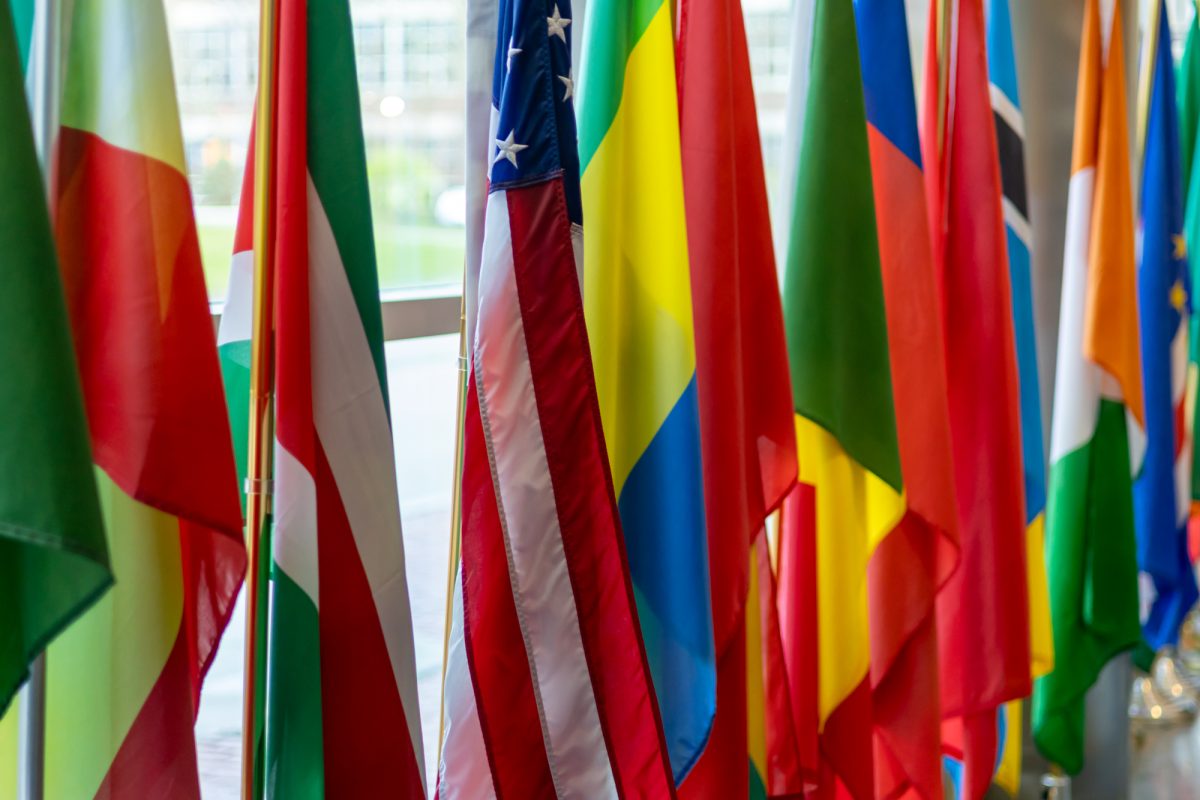The State Department has temporarily suspended all foreign exchange and student visa interviews as it begins implementing a new system to screen applicants’ social media activity.
Secretary of State Marco Rubio issued a cable May 27 to U.S. embassies and consulates, ordering officials to stop scheduling new applicant interviews until further notice in preparation for an “expansion of required social media screening and vetting.” Rubio said students who had appointments scheduled before the cable was sent may still proceed with their applications, according to reporting by The New York Times.
In a statement to The Huntington News, Northeastern’s Vice President for Communications Renata Nyul said the university has plans in place for applicants affected by the policy.
“This is a very dynamic situation, and we are closely monitoring the developments in real time to assess any political impacts,” Nyul wrote. “We have a robust set of resources for our incoming and current international students, as well as contingency plans for those who might experience delays in visa processing.”
When asked what resources were available to international students, the university directed The News to its Global Safety and Support Office and Office of Global Services. The university did not offer specifics about its contingency plans.
While the State Department had not released information about the updated procedure at the time of publication, the second Trump administration said it intends to ramp up its social media screening. In a March 26 email to visa holders at Northeastern, Senior Vice Chancellor for Student Life Madeleine Estabrook warned students that the federal government had publicly acknowledged its review of social media when making decisions about visa issuance, entry into the United States and other immigration benefits.
Northeastern has the second-highest international student population in the U.S, with more than 20,000 international students representing 141 countries as of fall 2024. In 2023, international students made up 6% of students pursuing higher education in the United States, seeking over 1.3 million higher education degrees. These students often pay full tuition and contributed $43.8 billion to the U.S. economy during the 2023-2024 academic year, according to the National Association of Foreign Student Advisers.
In early April, the university announced that more than 40 Northeastern students and recent graduates had their visas abruptly revoked. By April 25, the university announced that all students had their status reinstated in the Student and Exchange Visitor Information System. It was unclear whether the reversal impacted students with terminated visas.
The State Department’s most recent directive comes just days after a federal judge issued a temporary restraining order blocking President Donald Trump’s attempt to bar international students from attending Harvard University, a policy that has received backlash from students, faculty and administrators alike.
The most common student visas impacted by the pause are F-1 and J-1 visas. The F-1 visa is a nonimmigrant visa that allows international students to study full-time at an accredited U.S. institution, while the J-1 visa is typically issued to students participating in educational and cultural exchange programs. To obtain either, an applicant must schedule an interview at the U.S. embassy or consulate in their home country.
Visa interview suspensions may cause delays for accepted international students. The State Department has not yet announced when visa interviews will resume.












